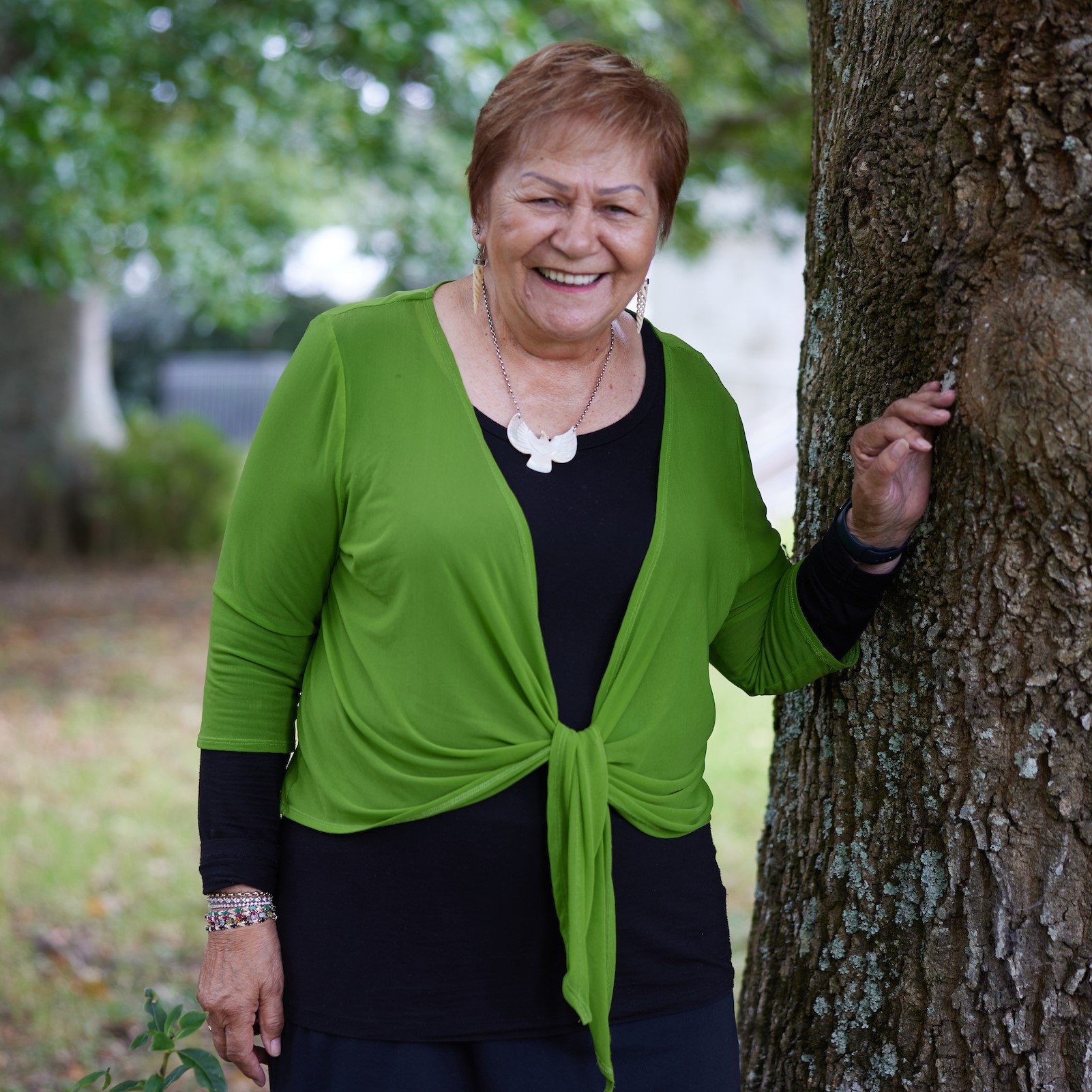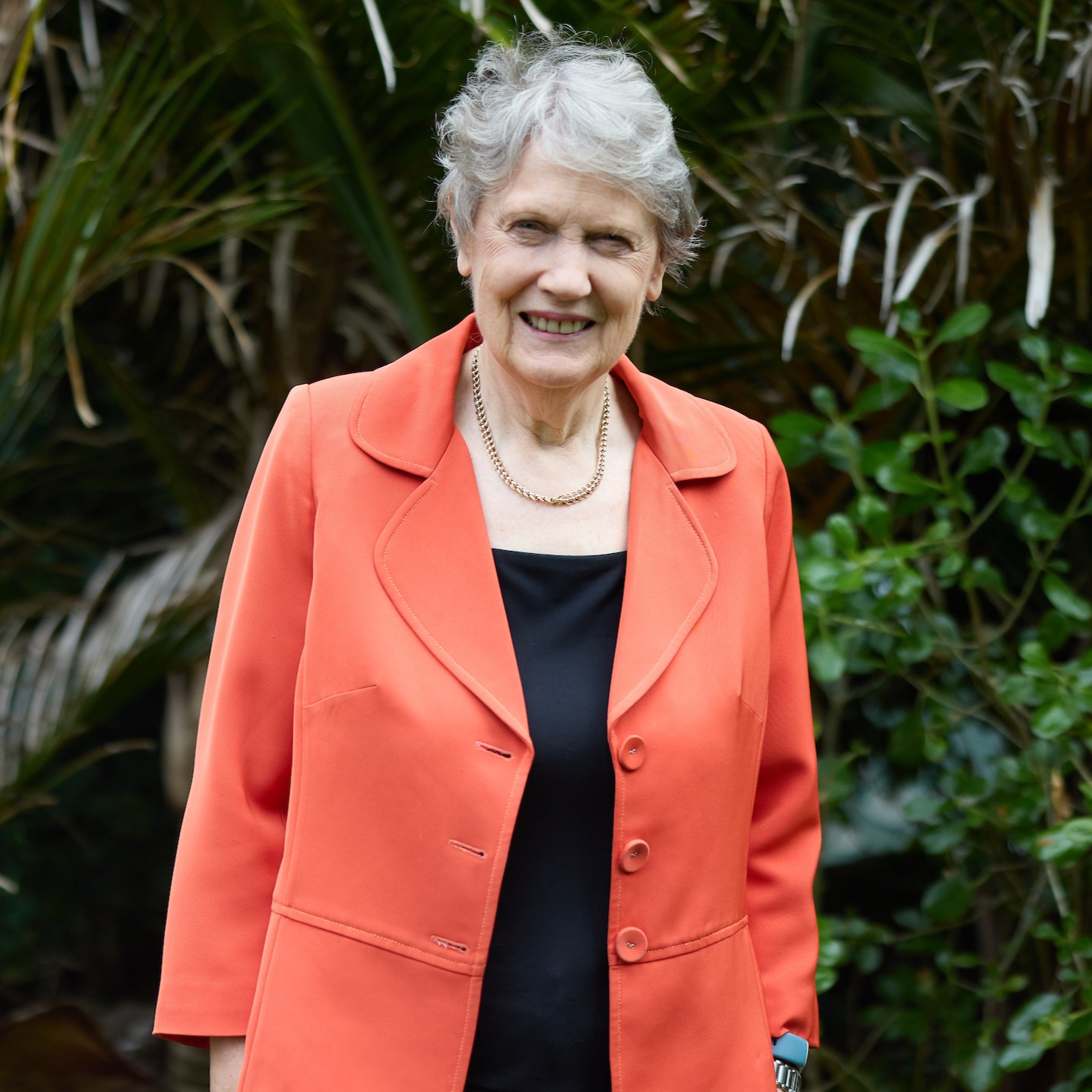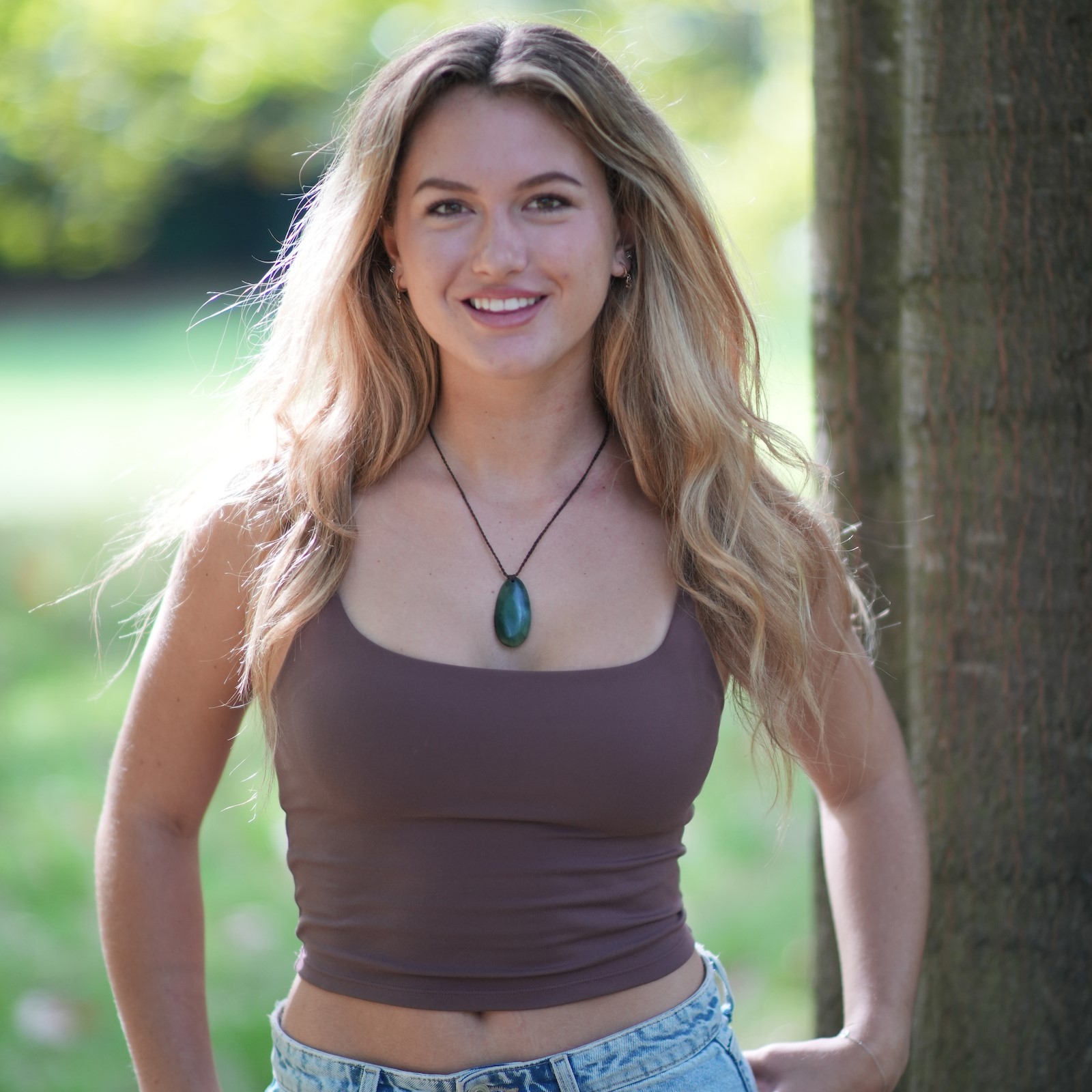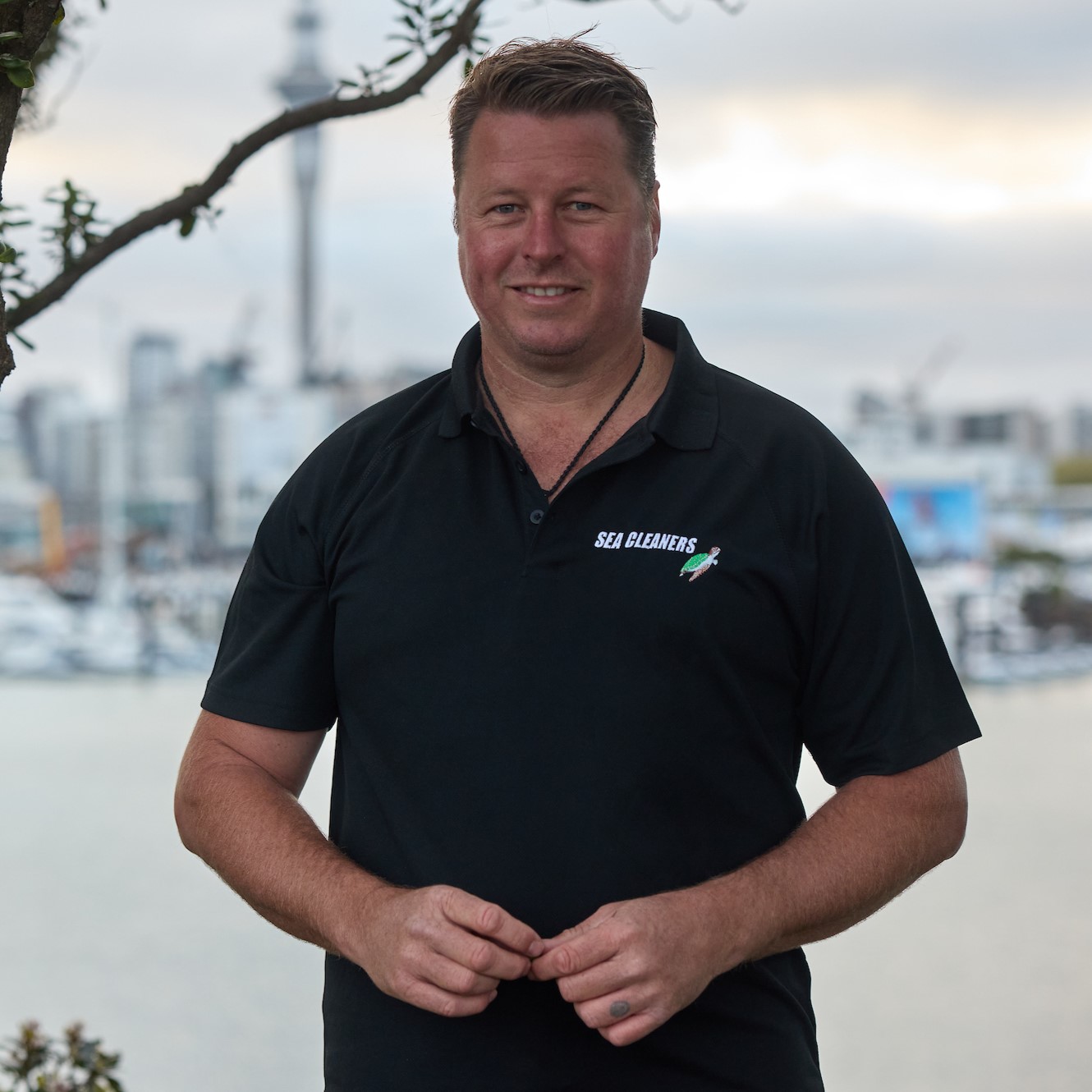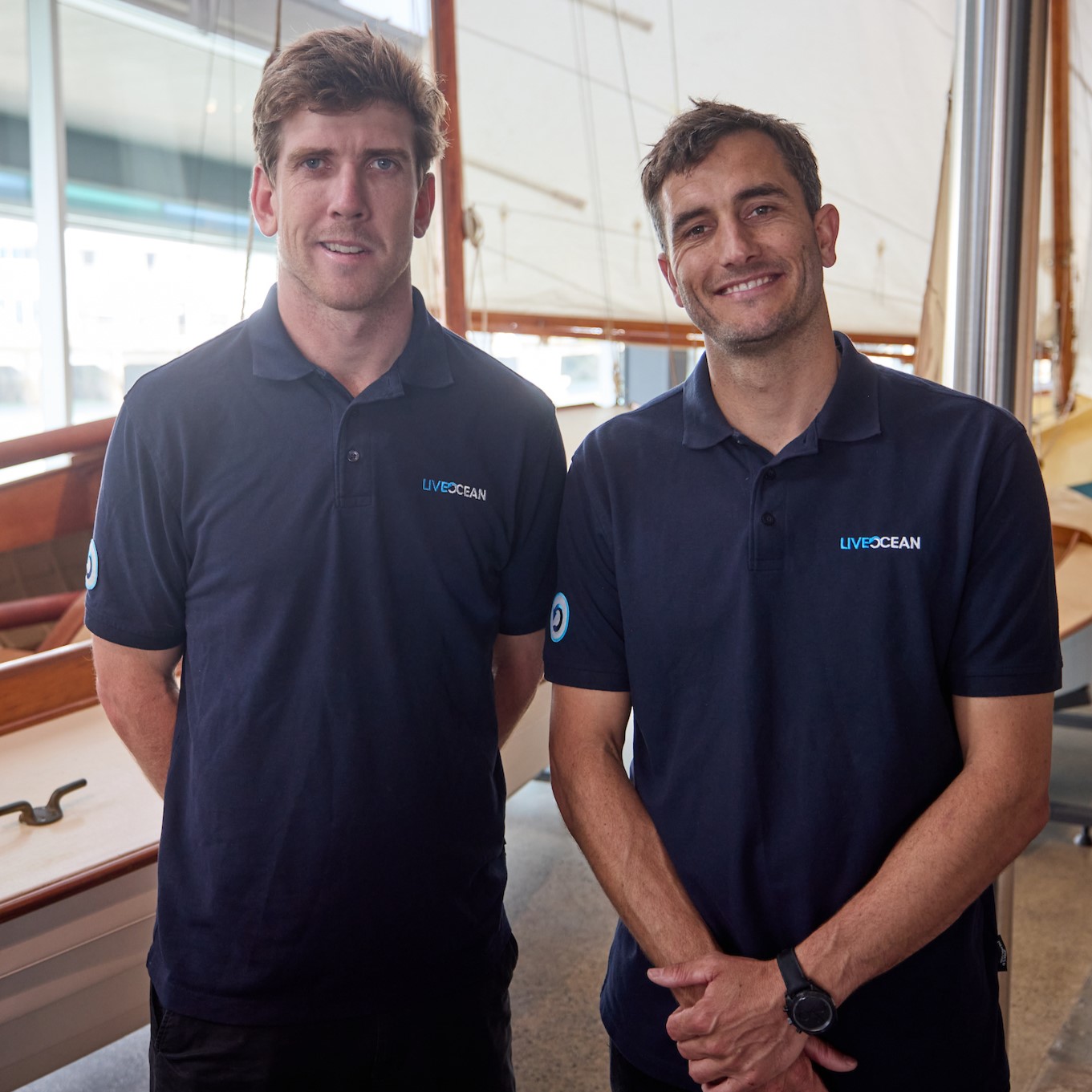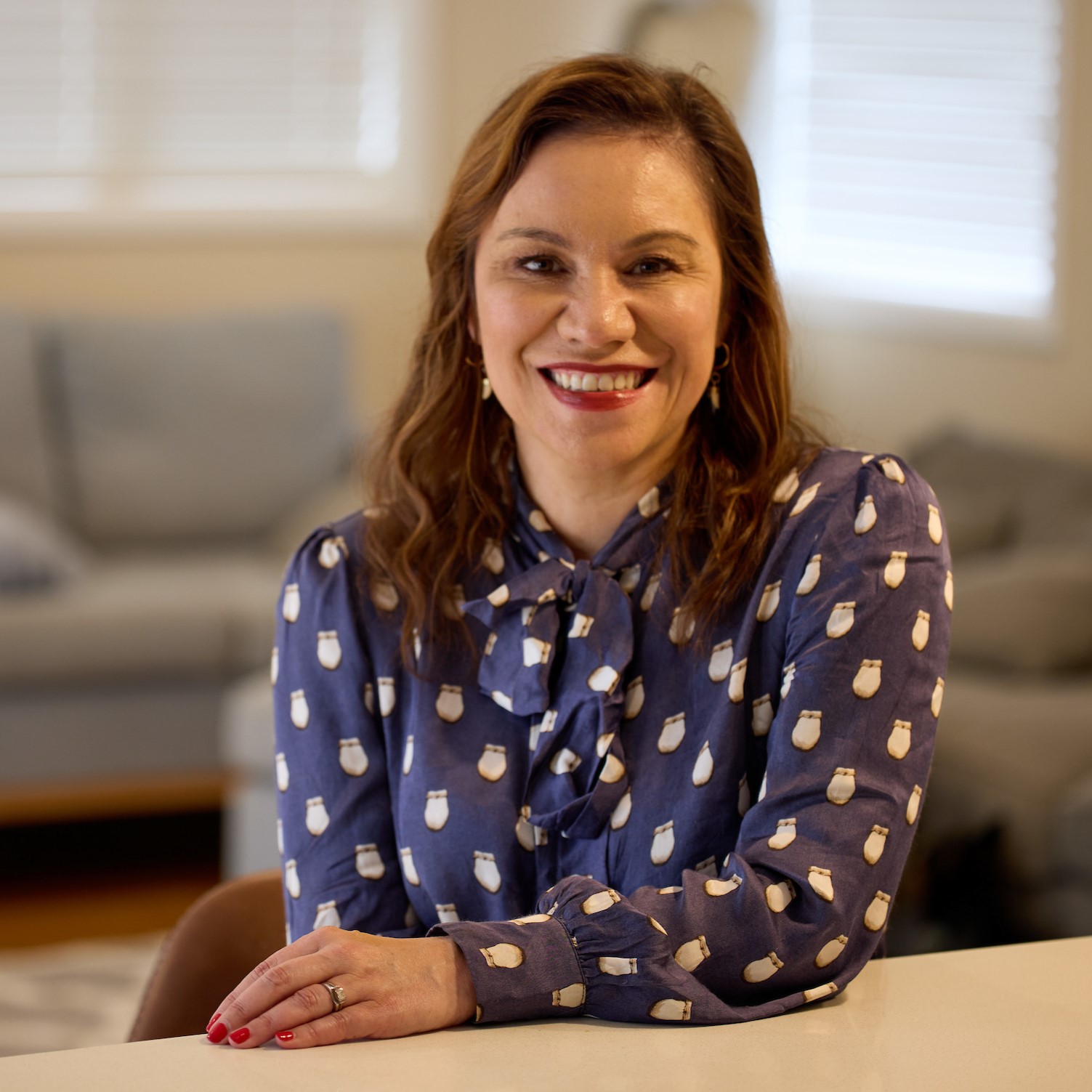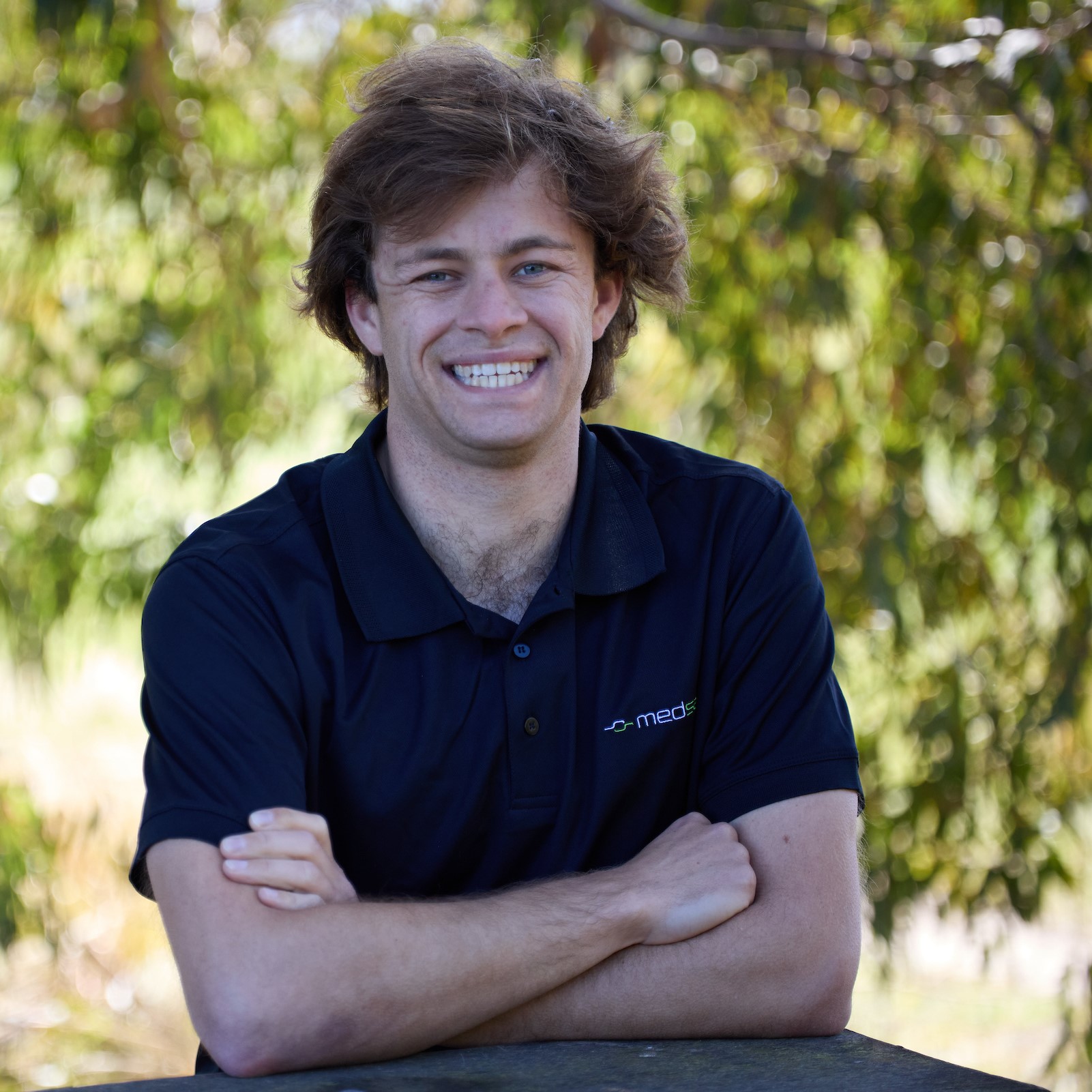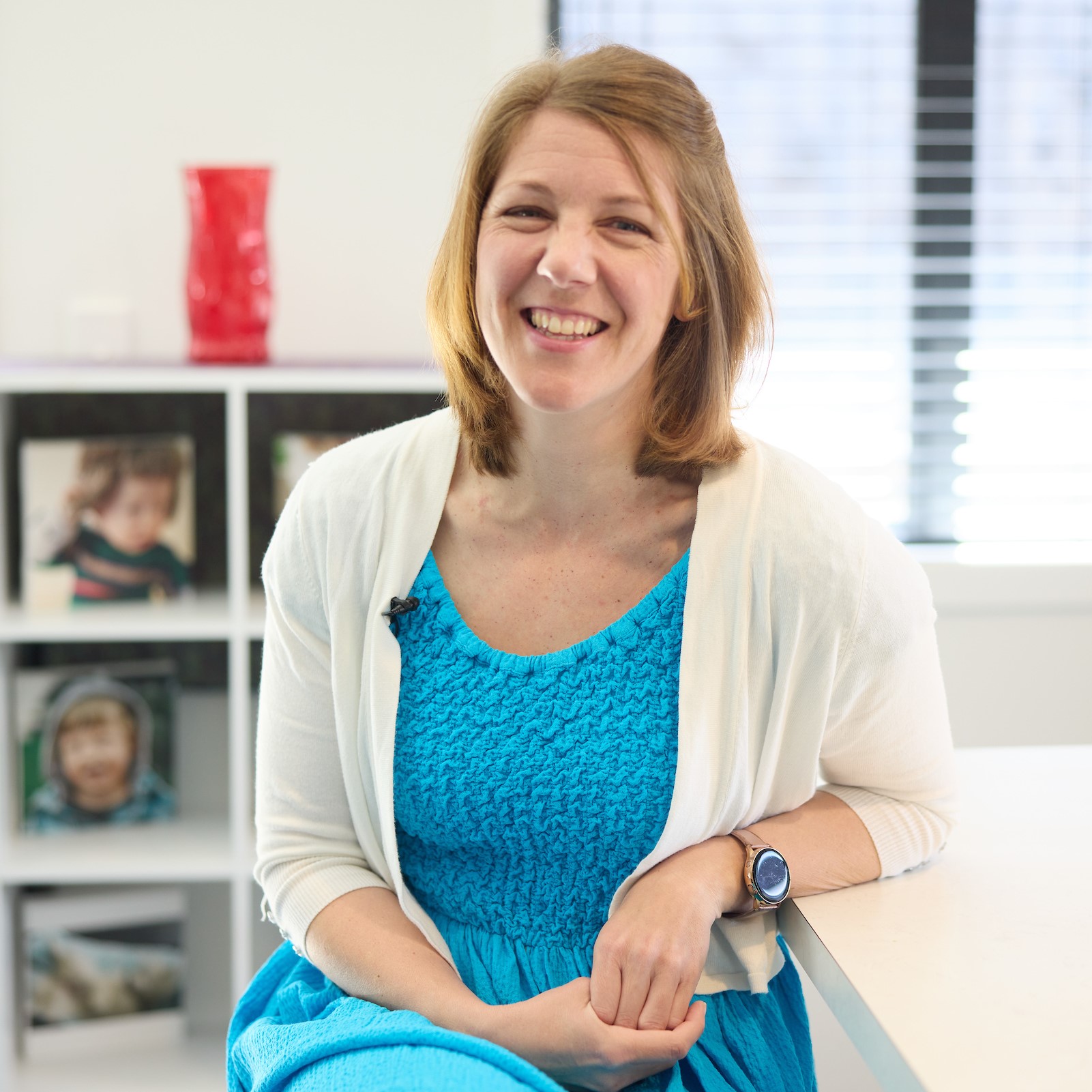Celebrating great New Zealanders doing extraordinary things.
BLAKE Awards Dinner Event
March 2024
Invitation
Nominaions have closed for the 2023 BLAKE Leader Awards
BLAKE Awards
The annual BLAKE Awards recognise and celebrate people whose leadership has delivered high impact results and contributed to a more sustainable future for Aotearoa – either socially, culturally, environmentally or economically.
Each year we look to celebrate up to seven extraordinary New Zealanders who have created positive impact from all areas of New Zealand society – this includes six BLAKE Leader Awards and one BLAKE Medallist.
Nominations for the 2023 BLAKE Leader Awards closed on 23 May 2023.
There are four leadership award categories:
- BLAKE Award (4)
- BLAKE Award – Rangatahi (1)
- BLAKE Award – Kaitiaki o te Taiao / Environment (1)
- BLAKE Medal (1)
BLAKE Award: This award recognises and celebrates people whose leadership has delivered high impact results and contributed to a more sustainable future for New Zealand. This includes leadership creating impact across any social, cultural, environmental or economic areas of New Zealand society. Up to four BLAKE Awards in this category are presented annually.
BLAKE Award – Kaitiaki o te Taiao: Sponsored by NIWA, this award recognises and celebrates a person whose leadership has delivered high impact results with a significant emphasis on environmental sustainability. This can include fields such as science, education, communication, or general environmental leadership.
BLAKE Award – Rangatahi: Sponsored by Westpac, this award recognises and celebrates one young person annually aged 13-24 whose leadership creates an impact on a sustainable future for New Zealand. This includes leadership creating impact across any social, cultural, environmental or economic areas of New Zealand society. This award may relate specifically to a project.
BLAKE Medal: The BLAKE Medal recognises and celebrates one person each year whose leadership has helped create a more sustainable future for New Zealand and/or globally, usually over an extended period of time. This includes leadership creating impact across any social, cultural, environmental or economic area of society. One BLAKE Medal is awarded annually.
For more information email Alice Ward-Allen at [email protected] or phone (09) 307 8875.
Meet our 2023 BLAKE Leaders:
When Dame Rangimarie Naida Glavish worked as a telephone operator for New Zealand Post in 1984, it was only natural for her to greet her callers by saying ‘kia ora’. Having been raised in Kaipara Harbour by her Māori-speaking grandmother, Ngapeka Teririkore Nahi, Te Reo Māori was part of her identity. She never expected that […]
On the 20th anniversary of the establishment of the Sir Peter Blake Trust, a lifetime achievement leadership award has been presented to former New Zealand Prime Minister and global development leader Helen Clark. At age 12, Helen Clark left her childhood home on a Waikato sheep and beef for boarding school in Auckland. In New […]
Kerikeri’s Eva-Sky Gundry was just 16 when she launched a business aimed at empowering wahine and sharing her passion for ocean sports. Three years later, Sky’s Surf School reaches up to 100 rangatahi a week across surf camps, weekly lessons, and a weekly academy programme for international students. The business utilizes powerful concepts from Te […]
Hayden Smith came across a floating mass of rubbish one day more than 20 years ago, and it changed his life. “It was a stormy day. I was kayaking up through Auckland’s Waitemata Harbour and found myself surrounded by this rubbish and I thought: why is there no-one out here cleaning this up?” Then aged […]
Peter Burling and Blair Tuke wish to have more in common with Sir Peter Blake than their sailing prowess. With six World Championship titles to their names, as well an Olympic gold and two silver medals and key roles in the winning team that helped Emirates Team New Zealand successfully defend the America’s Cup on […]
When broadcaster Stacey Morrison was growing up in Ōtautahi Christchurch, she had one fluent speaker of Te Reo Māori in her life – the grandmother she called Kui-Kui. “I grew up in Ōtautahi Christchurch and I didn’t speak Māori at all, actually. I was too scared to be in the whanau unit at Aranui High […]
In 2017, 23-year-old Canterbury engineering student Oliver Hunt saw a problem, and threw everything he had at fixing it. It was while hunting around for a research project for his Master of Engineering in Management that Oliver had a fortuitous conversation with an uncle about all the used single-use medical equipment and devices going to […]
When Dr Ellen Joan Ford (Nelson) comes across a situation that annoys her, she goes all-in to make a difference. As a researcher, she discovered working parents were being forced to work as though they didn’t have families to care for – so she committed to normalising and valuing the very modern, very common plight […]


